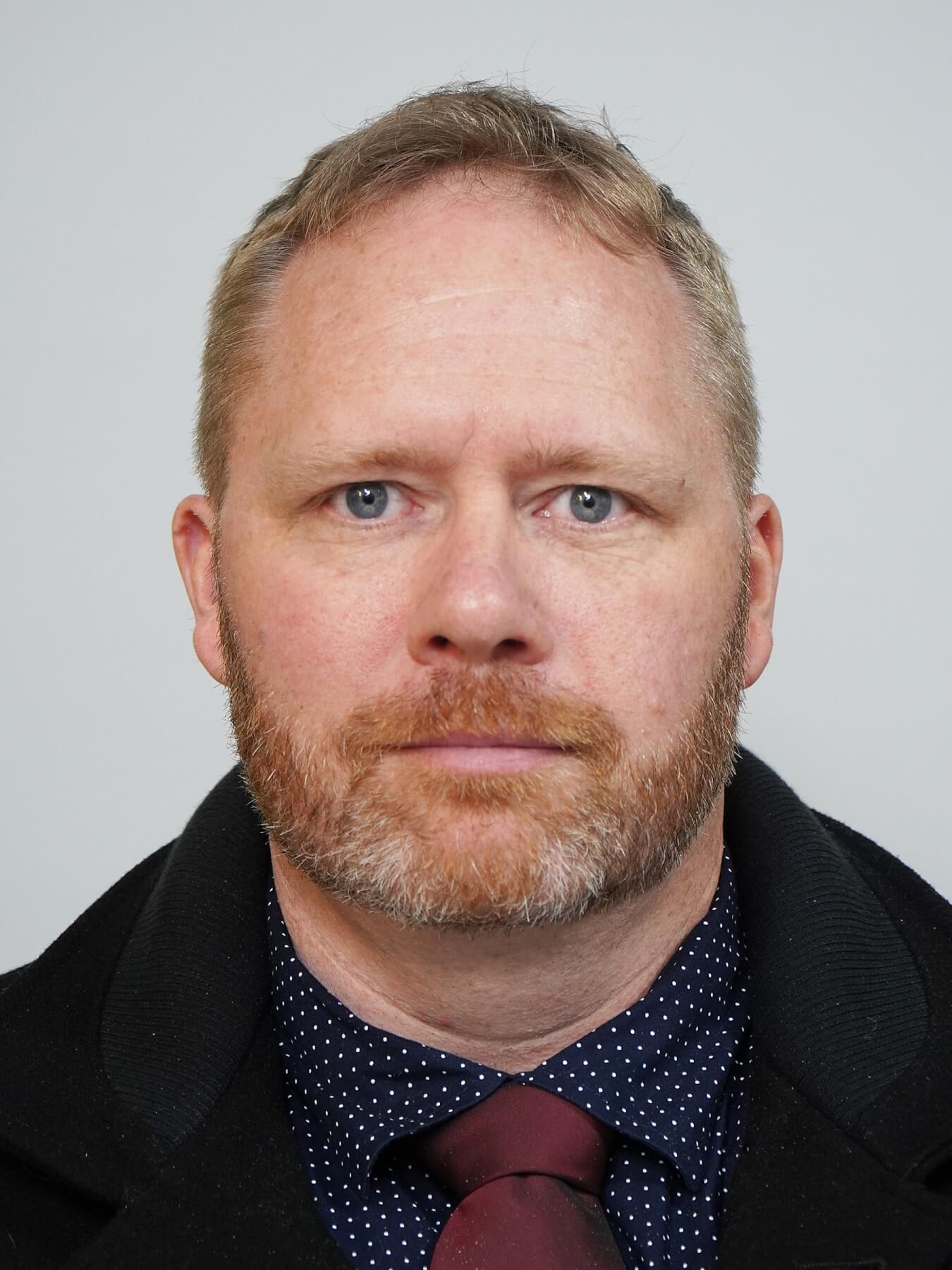
Cambridge ward

Don Sanders
Don Sanders – Cambridge Ward
1. Operational Deficits and Borrowing (maximum 100 words)
Waipā is currently running operational deficits over three years, which reduces the annual rates increase by around 4%. To fund this gap, the council is borrowing an average of $8 million per year.
a. Were you aware of this funding strategy?
b. Do you agree with the approach of borrowing to fund operational shortfalls as prudent rather than raising rates to fully fund current operations? Why or why not?
I don’t support it. The council should live within its means, just like households and businesses do. Borrowing $8 million annually to cover basic operational costs is unsustainable and irresponsible. Before asking ratepayers to shoulder more debt, we need to cut waste, improve efficiency, and prioritise spending.
2. Ahu Ake – Waipā Community Spatial Plan (maximum 100 words)
The council has adopted the “Ahu Ake – Waipā Community Spatial Plan” as a long-term vision to guide growth and infrastructure planning.
a. Do you support the direction and priorities set out in Ahu Ake?
b. Given that the plan proposes a number of costly studies how would you ensure that it remains relevant, affordable, and aligned with community needs over time?
No, I do not support Ahu Ake in its current form. It risks undermining Cambridge’s unique character and doesn’t reflect the values of the people who live here. The plan needs to be reset with genuine local input and a stronger focus on affordability and practicality. Costly studies and vague priorities won’t serve our community—what we need is a clear, community-driven vision that protects what makes Cambridge special.
3. Cambridge Connections (maximum 100 words)
The Cambridge Connections project reset proposes a transport network realignment and new infrastructure development around Cambridge, with potential long-term cost across the district and land use implications as well as extensive consultation.
a. Do you support the scale and scope of the Cambridge Connections project as currently proposed?
b. How should costs and impacts be managed to ensure fairness to ratepayers and affected communities?
No, I do not support the Cambridge Connections project as currently proposed. We absolutely need another crossing, but this plan won’t deliver it. Retiring the existing bridge and replacing it with one that cuts through a quiet residential street is unrealistic and unacceptable—residents won’t allow it, and council knows that. Spending $200 million to end up with the same capacity is not good value. We need a genuine solution that increases capacity, protects community character, and is shaped by meaningful local input.
4. Council Expenditure and Core Services (maximum 100 words)
a. In your view, is Waipā District Council currently limiting its spending to basic or essential services?
b. If elected, would you support a review of current expenditure with a view to reducing non-essential costs and/or staffing levels?
No, I don’t believe Waipā District Council is limiting spending to essential services. Ratepayers are funding non-core projects and inflated costs while basic infrastructure struggles. If elected, I would support a full expenditure review and push for a cap on rates. Households are tightening their belts—Council must do the same. We need to reduce non-essential spending, reassess staffing levels, and refocus on delivering value through core services that matter most to our communities.
5. Urban Intensification and Tier 1 Status (maximum 50 words)
Waipā must now enable greater housing intensification and density under new rules.
What principles should guide where and how higher-density housing is developed?
I do not support higher-density housing in Cambridge. It will strain infrastructure, erode green space, and undermine the town’s unique character. We must protect what makes Cambridge special—not sacrifice it to blanket intensification rules. Planning should reflect local values, not one-size-fits-all mandates.
6. Māori Ward Representation (maximum 50 words)
Waipā established a Māori ward to enhance Māori representation at the council table.
Do you support the continuation of the Māori ward beyond the current term?
I do not support continuing the Māori ward. Representation should be equal for all, not divided by ethnicity. With a binding referendum ahead, it’s vital that the community has its say.
7. Community Boards (maximum 50 words)
Do you believe community boards effectively represent community views and provide valuable advice to council? Would you support any changes to their role or powers?
I support inclusive engagement through shared democratic processes—not separate structures. One community, one vote.
8. Te Ara Wai (maximum 50 words)
What do you think the council should do with the old Bunnings building in Te Awamutu, which it bought to house Te Ara Wai Museum?
The Te Ara Wai project should be paused indefinitely. The old Bunnings building is a costly asset with no clear future. Council should explore selling or repurposing it for practical community use. Ratepayers shouldn’t carry the burden of an expensive museum that may never be built.
9. Future of Lake Karāpiro Domain (maximum 50 words)
Lake Karāpiro Domain is often referred to as Waipā’s “jewel in the crown”. The site is currently being reviewed under the Reserves Act 1977, and future options may include increased commercial development such as hotel or motel accommodation.
Hamilton City Council now charges outsiders to visit the Gardens, should Waipā do something similar at Karāpiro?
Do you support further commercial development at Lake Karāpiro Domain and/or a visitors’ levy?
Lake Karāpiro belongs to the community and must remain publicly accessible. We’re already spending $1 million on the domain—ratepayers shouldn’t fund private profit. Any future investment must come from the private sector, not council budgets, and must preserve the lake’s character and access for residents.
10. Finally, what is your vision for the Waipā district? (maximum 250 words)
My vision for Waipā is a district that protects its character, lives within its means, and plans smartly for the future. We must refocus council spending on core services, infrastructure, and affordability—capping rates increases. Ratepayers deserve transparency and value, not costly projects that don’t reflect community priorities.
In Cambridge, we need a new bridge—but not the one currently proposed. Retiring the existing bridge and replacing it with one that cuts through a quiet residential street is unrealistic and unacceptable. We need increased capacity, not a $200 million spend that gives us what we already have. Council knows this plan won’t work, and residents won’t support it.
Planning for growth is essential, but it must be proactive and community-led. We must invest wisely before growth arrives, so we’re not constantly playing catch-up. That means protecting green spaces, maintaining infrastructure, and ensuring our towns remain places people want to live—not just places to build.
I oppose blanket intensification, over-commercialisation of public assets like Lake Karāpiro, and spending ratepayer money on projects that benefit private interests. Any future investment must come from the private sector and preserve public access.
Waipā’s future should be shaped by its people—not consultants or distant mandates. My vision is for a district that’s proud, practical, and livable—where decisions are made with common sense, fiscal responsibility, and deep respect for the communities we serve.








